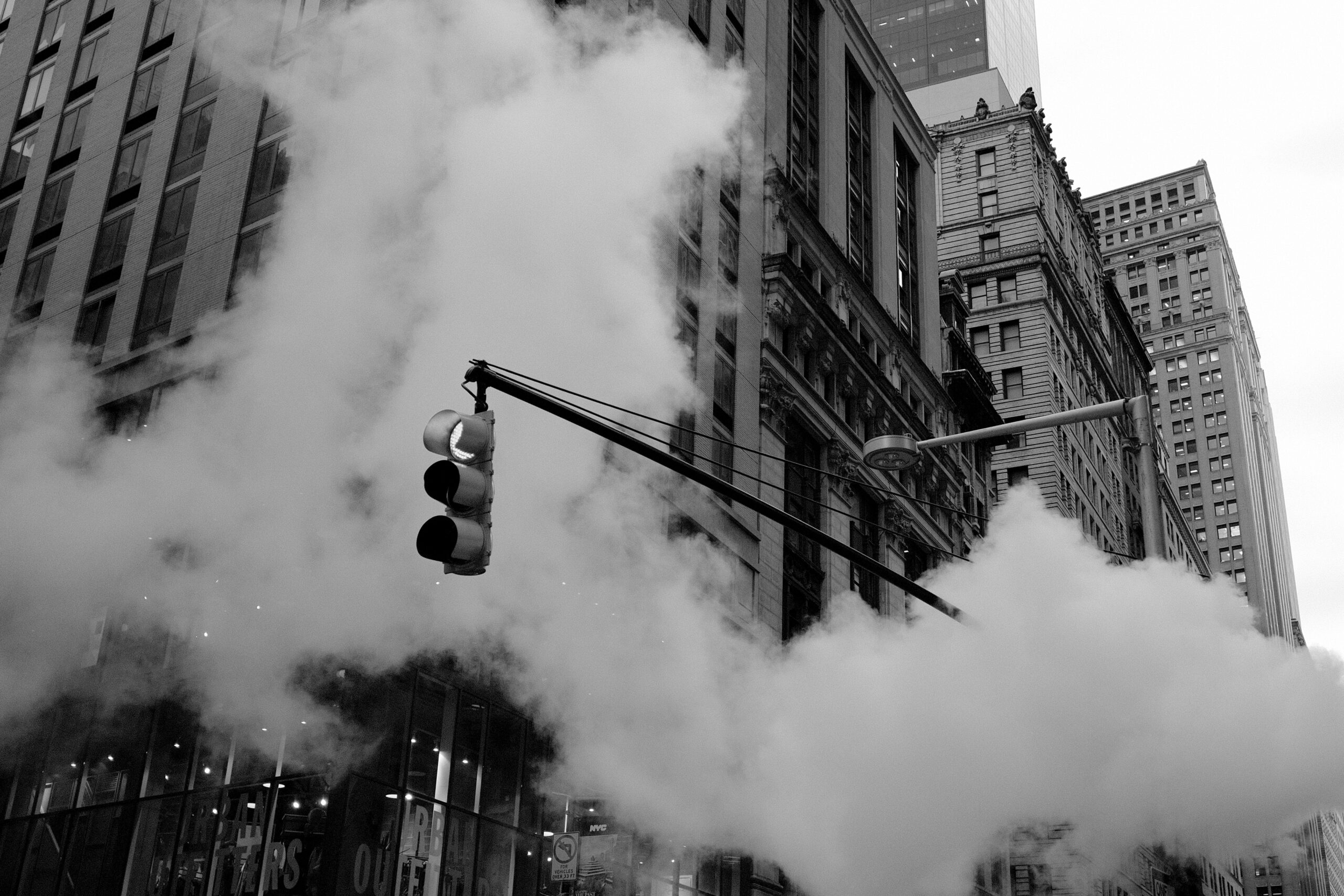Deadline Alert: April 21st is the Last Day to Comment on New Jersey’s Proposed Dirty Dirt Rules

There are only a few days left to comment on the New Jersey Department of Environmental Protection’s (“NJDEP”) proposed rules implementing New Jersey’s “Dirty Dirt Law.” Enacted in 2020, this law requires businesses involved in “soil and fill recycling services” to obtain the strict—and notoriously difficult to secure—A-901 license. Because the definition of “soil and fill recycling services” is broad, the list of exemptions is limited, and because of the lack of clarity as to how these proposed rules will be applied, they could affect businesses across numerous industries, including construction, development, and site remediation.
Broad Definition of Soil and Fill Recycling Services
The Dirty Dirt Law defines “soil and fill recycling services” to include “the collection, transportation, processing, brokering, storage, purchase, sale or disposition, or any combination thereof, of soil and fill recyclable materials.” It also updates the definition of “broker” to include anyone providing these services for compensation, whether directly or indirectly.
The NJDEP’s proposed rules go even further, expanding the broker definition to include a wider range of roles. For example, someone who simply advises a customer on the business concern’s compliance with its operational requirements, including whether a business holds an A-901 license, is now considered a broker and must obtain the license.
Limited Exemptions
The NJDEP’s proposed rules contain three types of exemptions: 1) certain persons; 2) specific activities; and 3) particular materials.
- Exempt Persons
- Licensed Site Remediation Professionals (“LSRPs”) and Certified Subsurface Evaluators (are exempt if they’re actively remediating a contaminated site in accordance with applicable regulations. However, if they’re serving in another role—such as due diligence or consulting—they are not exempt.
- Exempt Activities
- Handling “non-restricted soil and fill recyclable material” (i.e., materials that meet the most stringent residential soil remediation standards) can be exempt. But the bar is high unless a business handles de minimis quantities—defined as generating less than 15 cubic yards per day, storing less than 100 cubic yards at any time, and transporting the material in vehicles with a capacity under 15 cubic yards. All other businesses handling “non-restricted soil and fill recyclable material” have the burden of implementing quality assurance programs, including sampling, and submitting annual certifications to the NJDEP. Even one test result showing contamination could make the entire year’s activities illegal, exposing a business to civil or criminal penalties.
- Exempt Materials
- Class A recyclable materials (e.g., source separated metal, glass, paper, plastic, cardboard).
- Class B recyclable materials sent to NJDEP-approved Class B recycling centers. The proposed rules expand this category to include “recyclable soil and fill material” and require Class B facilities to develop and implement materials acceptance plans, apply additional recordkeeping and reporting requirements, and implement operational design requirements. While this exemption may be potentially helpful to the regulated community, its viability is uncertain as it requires a new market to be established. The NJDEP plans to wait to issue guidance until after the final rules are adopted.
- Beneficial use materials approved via certificate, including “alternative fill” authorized by an LSRP for the remediation of a specific area of concern.
- Virgin quarry products.
What does this mean for the regulated community?
While the law’s goal is to stop illegal dumping and sham recycling of contaminated materials, the NJDEP’s proposed rules are extremely broad. If adopted, they could pull many businesses into a complex and burdensome licensing regime—one that many may not be prepared for or even able to meet. Now is the time to assess your potential exposure and start planning for compliance.
Public Comments
Comments are due Monday, April 21, 2025 and can be submitted electronically or by mail to:
Attn: DEP Docket Number: 15-24-12
Office of Legal Affairs
Department of Environmental Protection
401 East State Street, 7th Floor
Mail Code 401-04L
PO Box 402
Trenton, New Jersey 08625-0402
As the law continues to evolve on these matters, please note that this article is current as of date and time of publication and may not reflect subsequent developments. The content and interpretation of the issues addressed herein is subject to change. Cole Schotz P.C. disclaims any and all liability with respect to actions taken or not taken based on any or all of the contents of this publication to the fullest extent permitted by law. This is for general informational purposes and does not constitute legal advice or create an attorney-client relationship. Do not act or refrain from acting upon the information contained in this publication without obtaining legal, financial and tax advice. For further information, please do not hesitate to reach out to your firm contact or to any of the attorneys listed in this publication. No aspect of this advertisement has been approved by the highest court in any state.
Join Our Mailing List
Stay up to date with the latest insights, events, and more





